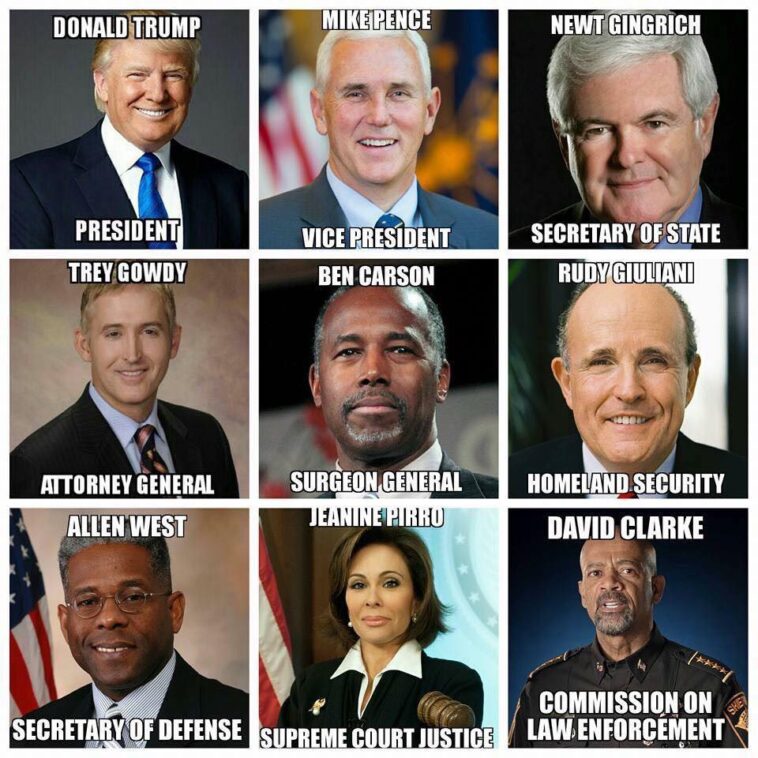
Opinion: Wyoming Court’s Ruling Challenges The Balance Of Power
Law Versus Law Enforcement: The Power Struggle
It’s not every day that Wyoming’s courts make headline news. However, a recent ruling by the Supreme Court, allowing citizens to sue the government for negligent investigations by law enforcement, has set the cat among the pigeons. This ruling offers the opportunity to seek justice for flawed investigations that cause harm, and in doing so, challenges the status quo where civil servants were once immune to accountability for their investigative actions.
Locked Doors: The Legislative Back And Forth
As expected, the ruling has stirred the hornet’s nest that is the state Capitol, Cheyenne. The Joint Judiciary Committee previously voted to table House Bill 53, a bill that proposed to overturn the court’s decision. This ‘Governmental Claims-Negligent Investigations’ bill would have effectively made suing the state for a harmful investigative oversight near to impossible. As the legal battle played out, the rough and tumble ended with the Judiciary Committee preferring to let the ruling stand.
Implications Of The Standing Ruling For Citizen Rights
With the proposed Bill now on the backburner, one can’t help but recognize the implications this could have for citizens — and law enforcement. Was this the right decision? Some may say it gives too much power to possible offenders, others might say it gives rightful power back to the people. The debate raises interesting questions around where the balance of power should lie, between the law enforcement machinery and individual citizens.
The Root Of The Controversy: The 2019 Hemp Farm Case
The ruling and the proposed bill find their roots in a controversial 2019 raid conducted by the Wyoming Division of Criminal Investigation (DCI) on a local hemp farm. Officers wrongly seized the farm’s produce and charged the farmers with major felonies in a marijuana trafficking case, exposing the possibility of wrongful actions by law enforcement. The impact has been far-reaching: the hemp farmer had to spend over $50,000 on defense fees and sued the state for damages, adding a monetary and real-life perspective to the abstract idea of harm caused by negligent investigations.
Interpreting The Silence In The Judiciary Committee
When the opportunity arose to move the bill to the House floor, an unexpectedly tense silence replaced the usually vibrant discussion. This could signal a weariness amongst some Republicans around handing law enforcement too much power without due accountability checks. Was this the right move or could it unravel more complications in the future? This question looms over the judiciary, with potential implications on the future of law enforcement accountability in Wyoming.
Law Enforcement Or Citizen Rights: Striking The Right Balance
As law evolves, so should our understanding. Empowering law enforcement should not equate to stripping citizens of their rights, rather, it should lie in the striking of an ever-elusive, yet necessary balance. The move by Wyoming’s Supreme Court should be seen as a call to this need for balance, where power is held to account, and where justice can truly be seen to be done.
Conclusion: A Gavel On Checks And Balances
Wyoming’s Supreme Court ruling is more than just a legal sentence; it’s a depiction of how changing societal expectations are shaping our approach to governance. This landmark ruling isn’t just about negligent investigations or about a bill that didn’t make it to the House floor – it’s about ensuring a sense of justice that reaches beyond the courtrooms into the hearts and minds of Wyoming’s citizens.
Now Over To You
As a Wyoming citizen, where do you stand on this issue? Should citizens have the power to sue the government for negligent investigations by law enforcement? Or should this authority be restricted?
Originally Post From https://oilcity.news/wyoming/2025/01/25/the-courts-ruled-people-can-sue-cops-for-botched-investigations-lawmakers-declined-to-weigh-in/
Read more about this topic at
National Law Enforcement Accountability Database
National Law Enforcement Accountability Database, 2018–2023
